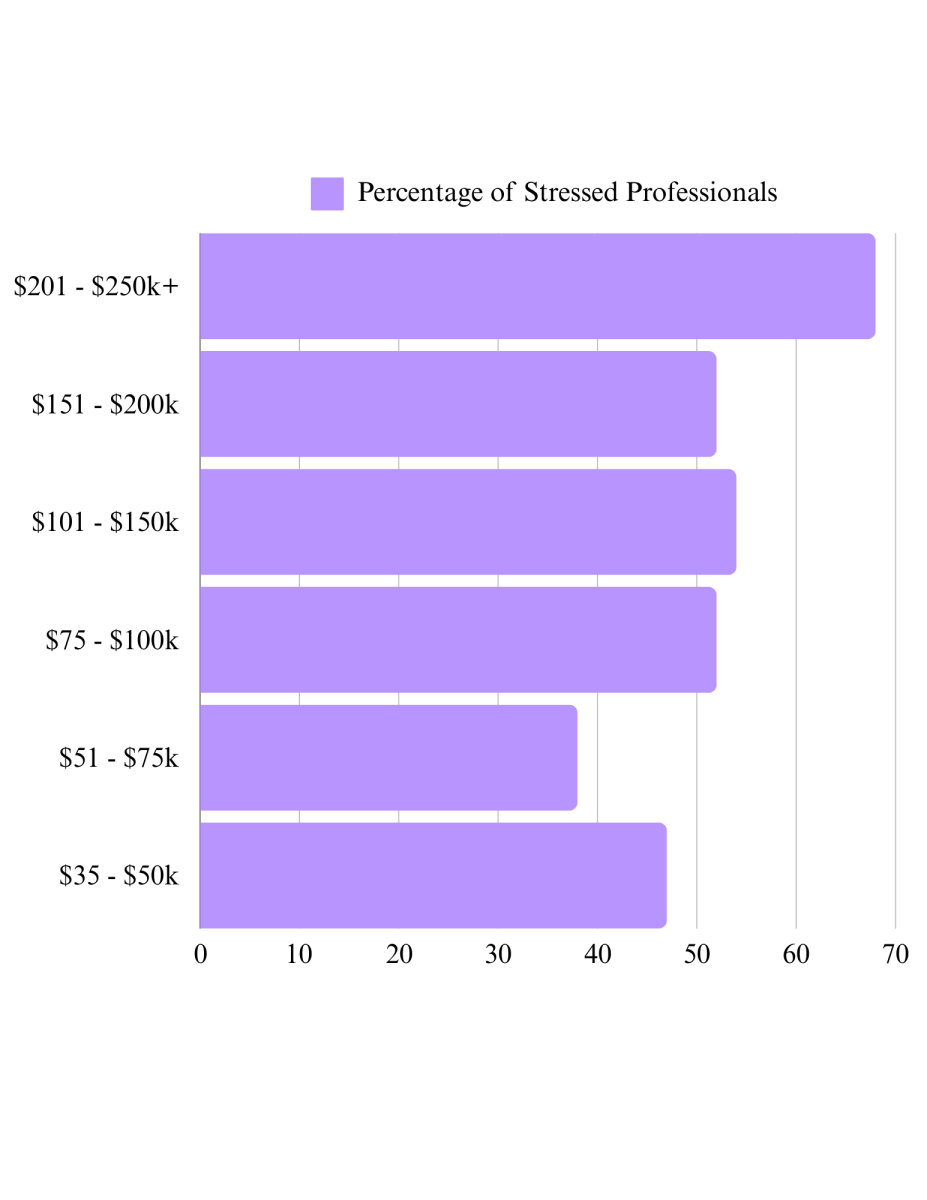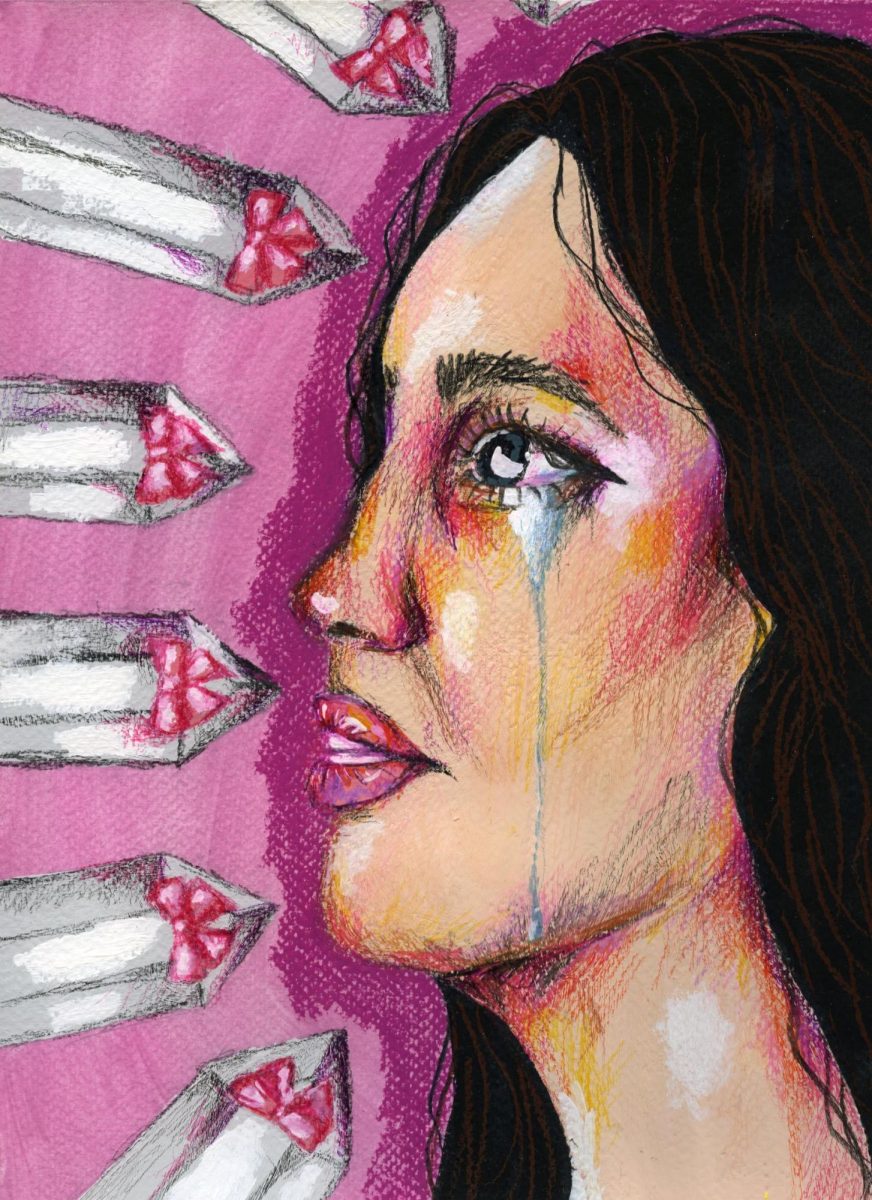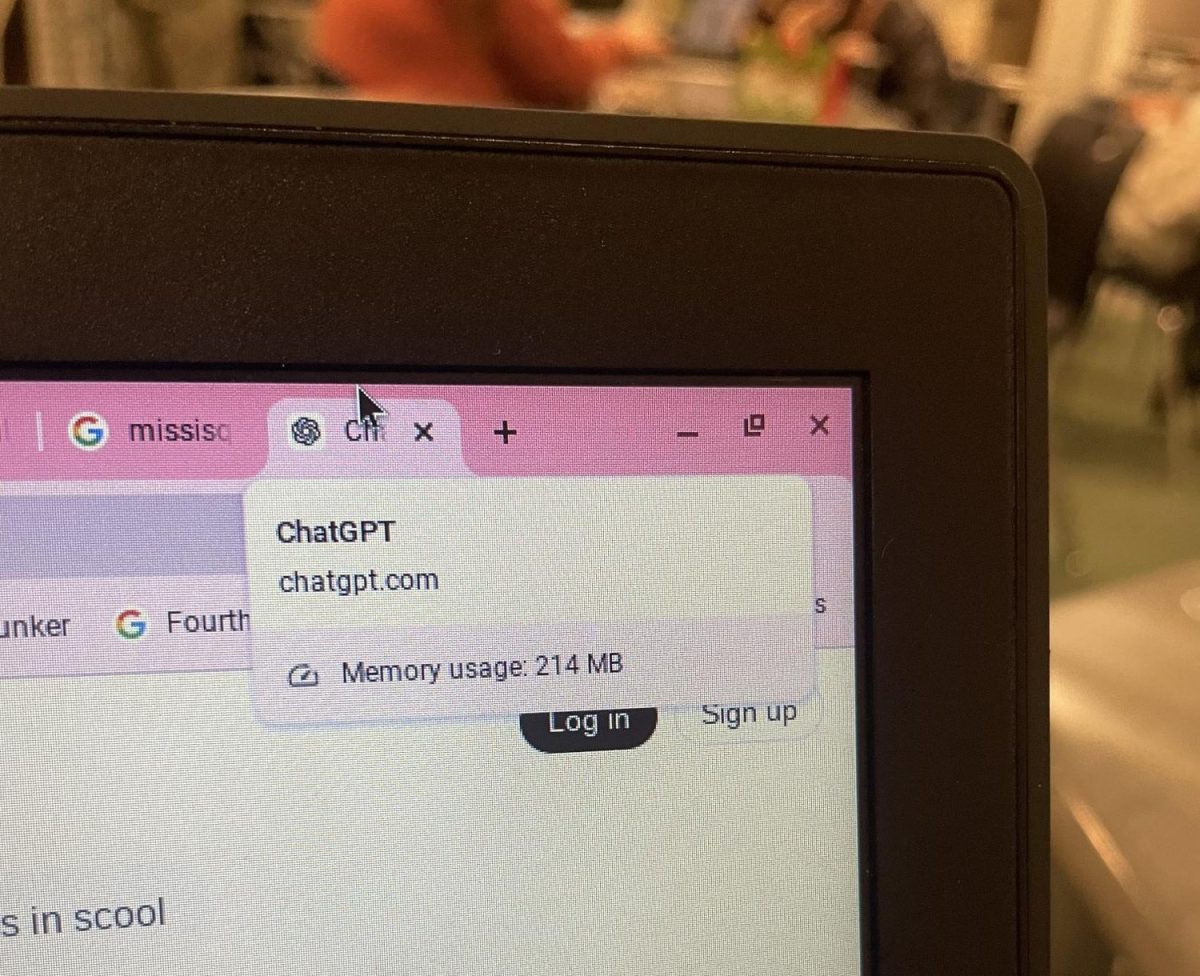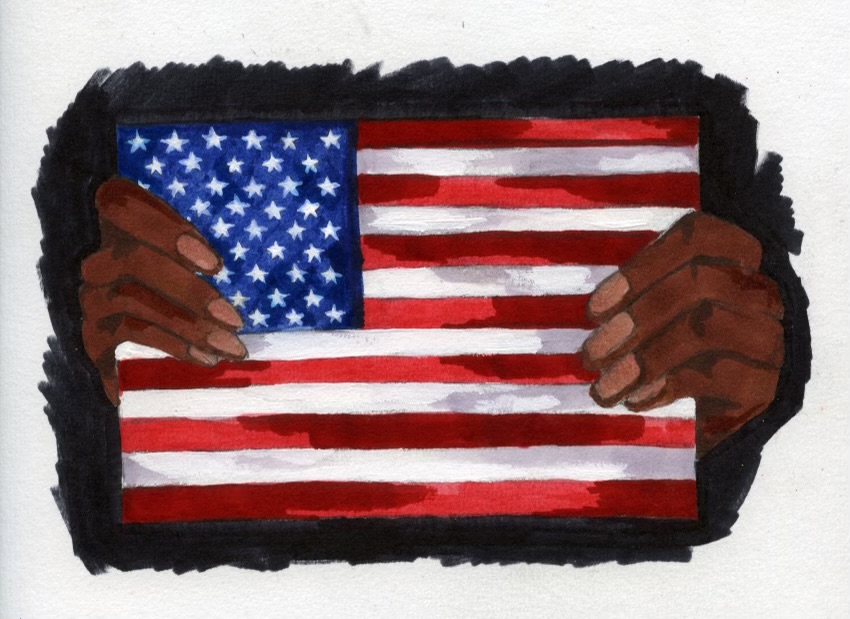When I was in sixth grade, I got my first phone. It was my dad’s old iPhone 7+ and I loved it. I’d wanted a phone for a while, especially because my friends had phones and I really wanted to be able to text them. When my parents finally got me one I was thrilled. I could finally text people! And play games on my phone! However, the excitement of having something new didn’t last very long though. Soon, the joy of having it faded and my phone became a part of my life. I was still glad to have a phone, but it didn’t make me happy. That made me wonder, can money truly buy happiness?
Money can buy experiences and material things like vacations or the newest iPhone. Maybe getting a new phone will make you happy in the moment, like it did for me, but why was this happiness so fleeting?
“In our pursuit of happiness, we often find ourselves caught in a cycle known as the ‘hedonic treadmill’” states Anna Katharina Schaffner, Ph.D. in How to Escape the Hedonic Treadmill and Be Happier. Hedonism is the pursuit of pleasure. According to hedonic adaptation, items you buy can improve your short-term happiness, but after a few years, months or even days, your level of happiness will return to its baseline. That explains why when I got my first phone I was super excited in the moment but that did not last.
The same thing can happen with vacations, proving that even the experiences that money can buy do not really affect your long-term happiness. I went to Columbia last year on a family vacation and had a great time, but once I went home, the tan faded and my happiness returned to normal as I fell back into my daily routine.
I am not the only one who has experienced this. According to Vacationers Happier, but Most not Happier After a Holiday, a study from the National Library of Medicine, going on a vacation does not tend to increase your happiness once you return home. The study of 1,530 adults states that only the people who described their vacation as “very relaxing” experienced a boost in happiness post-vacation. But that boost was proven to fade away and was completely gone eight weeks post-vacation.
That made me think, if things money can buy like iPhones and vacations can’t make me happy, what is the point of making much more money than a livable wage? According to a survey of 1,000 LinkedIn members currently employed in the U.S., stress levels were shown to go up as their salary got higher than $75,000. 38% of people who make between $51,000 and $75,000 are stressed, making people with those salaries the least stressed overall. 52% of people who make from $75,000 to $100,000 are stressed, and the percentage of stressed people kept going up with their salaries. While this shows that having a higher salary will most likely not make you happier, and in fact will potentially make you less happy because of the stress, this does not necessarily show that the less money you are making, the happier you will be. People who made less than $51,000 annually were more stressed than those who made $51,000 to $75,000.
According to Psychology Today, happiness is defined as being in a state of well-being due to living a good life with deep contentment and a sense of meaning. But how do you do that? Aim to feel ok most of the time with occasional highs and lows. How to create a sense of meaning? Find something you believe in and feel like makes a difference. That could be religion, sports, volunteering or any number of other things. For me, that is volunteering. What you do, who you do it with and how you see the world affect your happiness more than money.
However, I still fully plan on using my phone, buying fun little things that I don’t need and going on family vacations even if they do not, as it turns out, make me happy in the long run.









